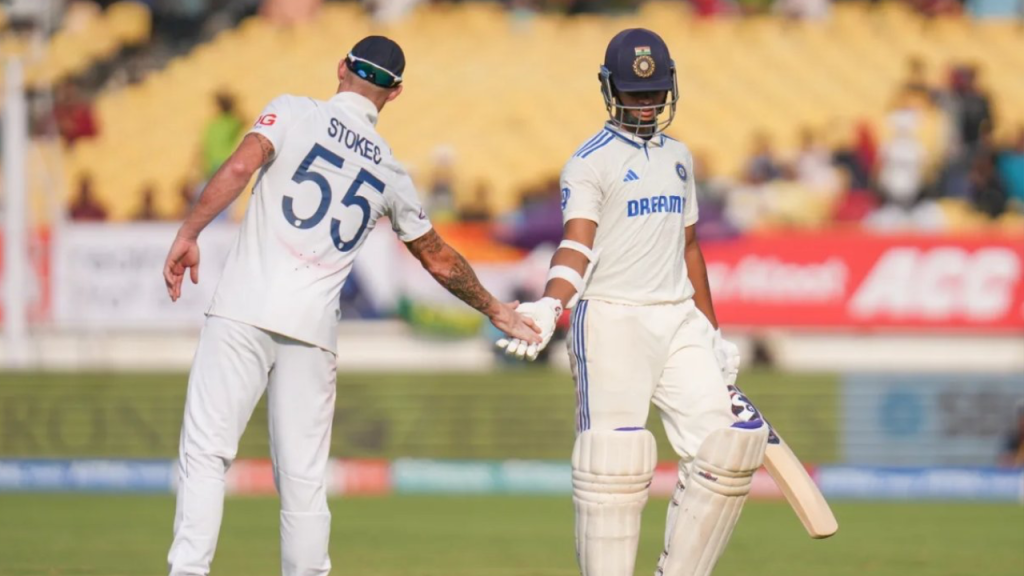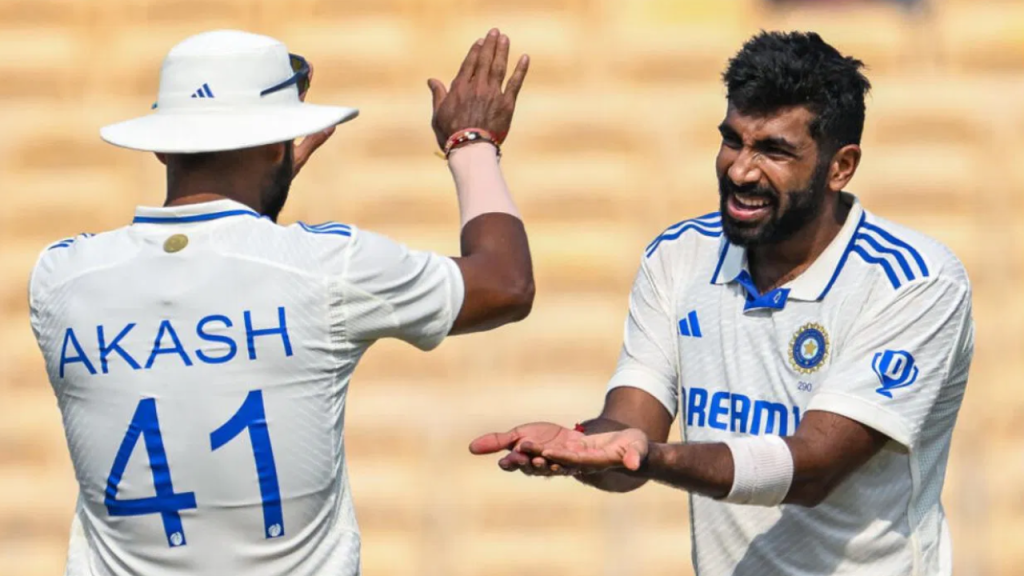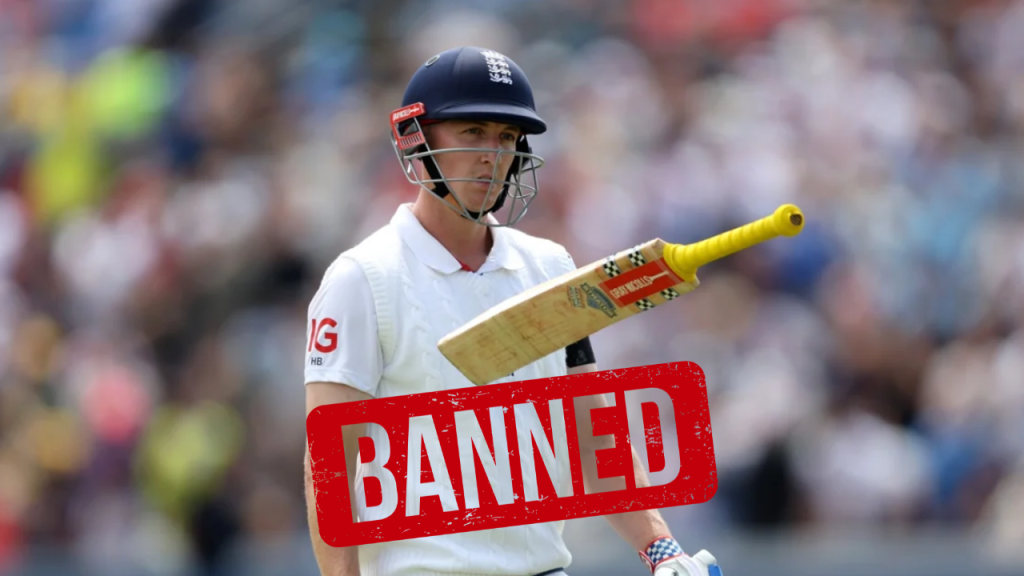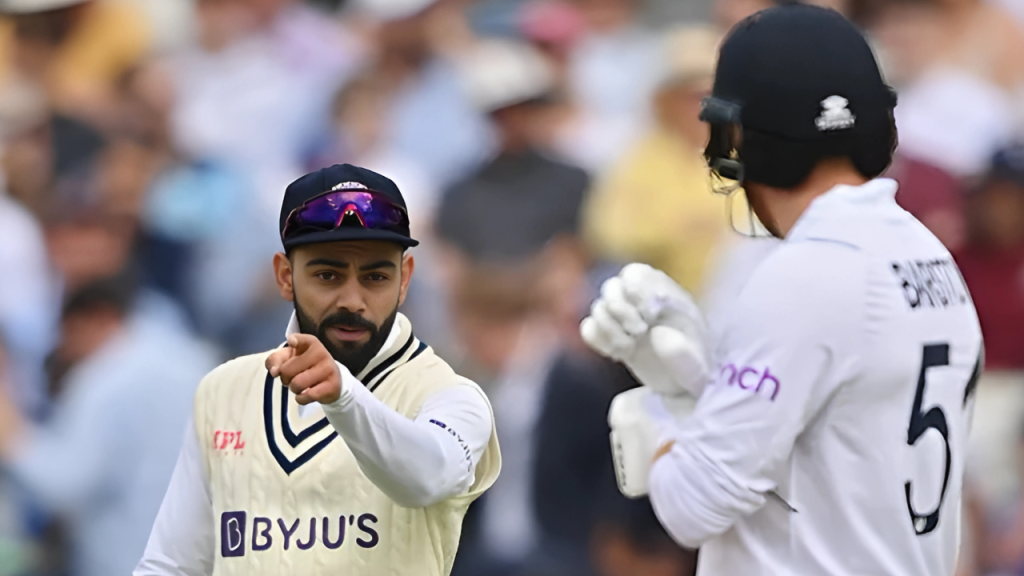The Indian Premier League (IPL) has always been a spectacle of cricketing prowess mixed with strategic team-building. However, the issue of player withdrawals has long plagued franchise owners. Enter the new rule: a two-year ban for any player who backs out after being selected at the auction. Here’s how this game-changer is poised to help IPL franchises:
IPL 2025: 3 Ways In Which The Player Withdrawl Penalties Will Help The Franchises:

1. Enhanced Team Stability
With the threat of a two-year ban, players are now more committed than ever. This stability means franchises can build teams with confidence, knowing their star players won’t pull out at the last minute due to non-injury reasons. Imagine a scenario where a team banks on a high-profile overseas player only to lose him to international commitments or personal reasons. This rule mitigates that risk, allowing franchises to craft a more consistent lineup year after year.
2. Strategic Bidding
The specter of a withdrawal ban influences auction strategies profoundly. Franchises now bid with the assurance that their investment is secure. This security might lead to more aggressive bidding for players deemed reliable, potentially increasing their auction prices. Conversely, players with a history of withdrawals might see their stock fall, creating a market where reliability becomes as valuable as skill. This shift could lead to more balanced teams as franchises prioritize loyalty alongside talent.
3. Economic Efficiency
Player withdrawals have economic repercussions beyond just team morale. They affect advertising, merchandise sales, and ticket prices based on player popularity. By ensuring players stick to their commitments, franchises can better predict revenue streams. This predictability allows for more accurate budgeting, which in turn, could mean smarter investments in both players and infrastructure. Moreover, with fewer last-minute changes, marketing campaigns can be more targeted and effective, enhancing brand value and fan engagement.
The introduction of this penalty system marks a pivotal moment for IPL franchises. It’s not just about punishing withdrawals but about fostering an environment where commitment is rewarded. This rule encourages a culture of loyalty, which could seep into other aspects of team management, from coaching to player development programs.
However, this rule isn’t without its critics. Some argue it might deter top international talent from participating, fearing the risk of an extended ban for unforeseen circumstances. Balancing player welfare with franchise interests will be crucial.
Nevertheless, for IPL franchises, this rule is a double-edged sword. While it promises stability and economic benefits, it also demands a new level of due diligence in player selection. The IPL’s evolution into a league where commitment is as celebrated as performance could very well redefine what it means to be part of this cricketing extravaganza. As we watch this unfold, one thing is clear: the IPL landscape is changing, with franchises now playing a game not just of cricket, but of strategy, commitment, and economic foresight.





